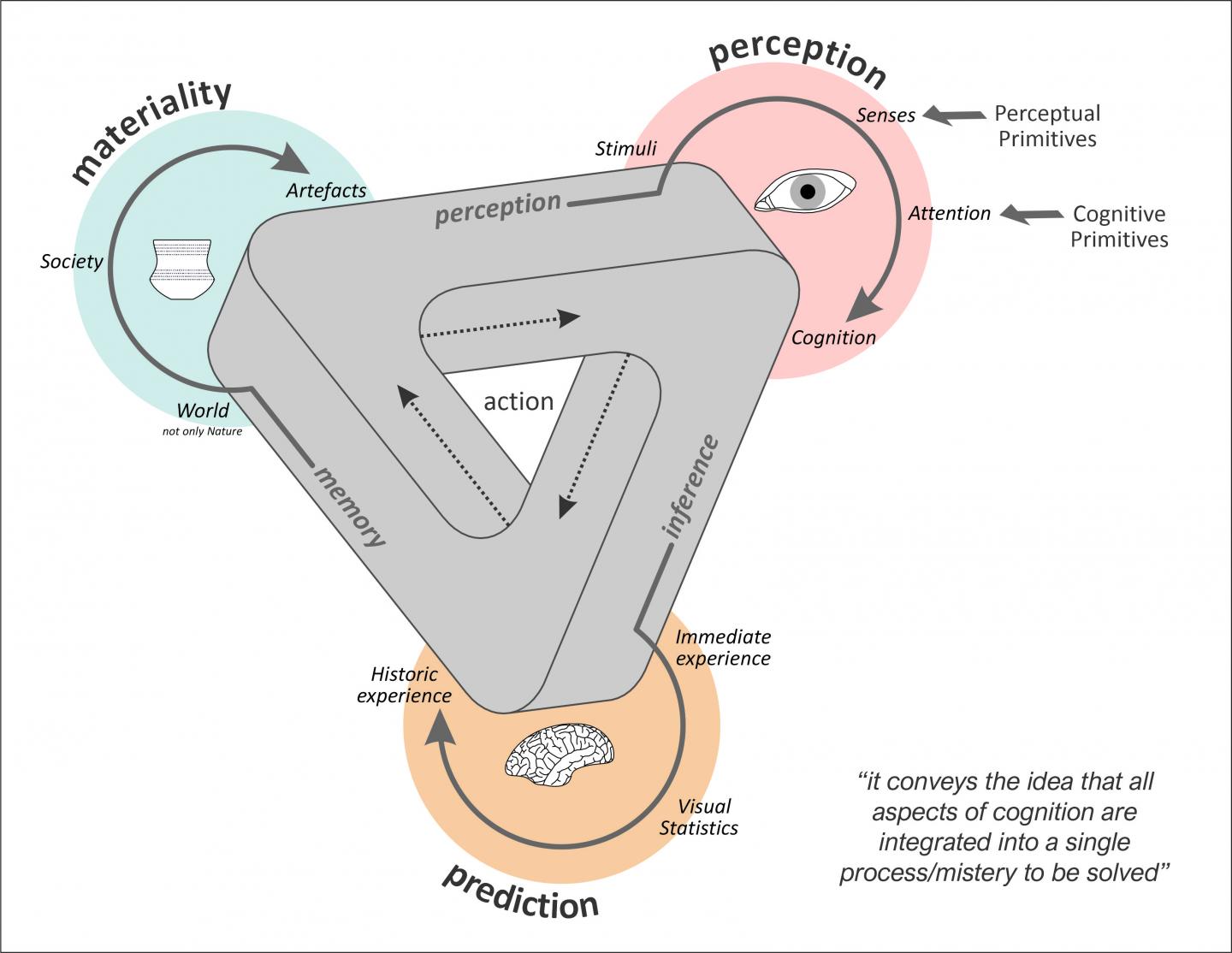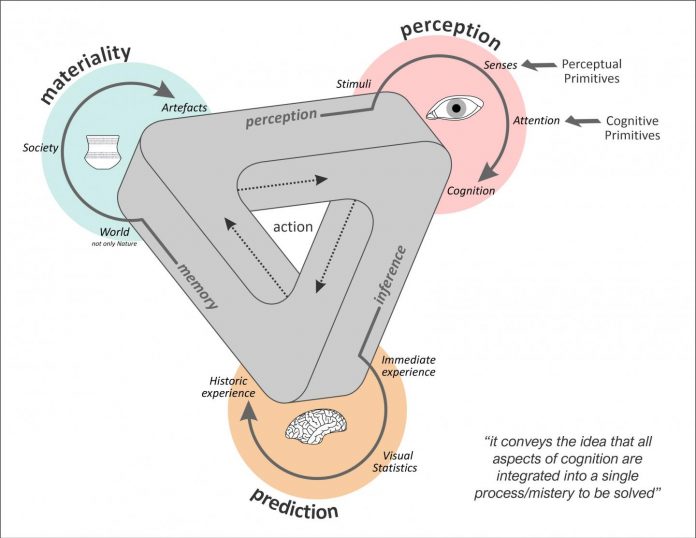
Photo: Material Minds (acronym XSCAPE) is a newly awarded ERC Synergy Grant project.
view more
Credit Image: INCIPIT-CSIC
The project asks in what ways the worlds we build and inhabit alter our own minds and the ways we process information? Do the material structures of our settlements, buildings, roads, and artefacts change fundamental patterns of thought and attention, so that understanding change in these ‘material codes’ becomes part and parcel of understanding the emergence of the modern mind?
To answer these questions, the “Material Minds” Project brings together a unique team from archaeology, vision science, and cognitive philosophy. Using a carefully curated set of materials, spanning a range of cultures and a wide sweep of archaeological, historic, ethnoarchaeological and contemporary settings, we aim to test, for the first time, the hypothesis of materiality-driven cognitive change. “Materiality” here refers to material culture: human made cultural artefacts that include portable objects but also buildings, landscapes and ornamentations. The project will develop and deploy a new synergistic methodology that combines multiple real-world case studies with state-of-the-art visual neuroscience, and agent-based simulations.
We will conduct 41 different world-wide case studies. Together, these will constitute the largest ecological experiment on embodied visual perception ever attempted. The project will also use the emerging paradigm known as ‘active inference’ (or ‘predictive processing’) which offers a principled means of linking perception, attention, and actions (including eye-movements) with cognitive change and learning. This will provide multiple proofs-of-principle while delivering insights into the fundamental principles that may be guiding materiality-driven cognitive change.
Using this unique combination of archaeological materials, visual neuroscience, and simulation- based studies, we aim to deliver the first fully-integrated framework for understanding the potent yet ill-understood cycles by which we humans make and transform the structured worlds that make and transform our minds.
The project will be funded by a ERC SYNERGY grant.
###
TDnews (tunisiesoir.com)















